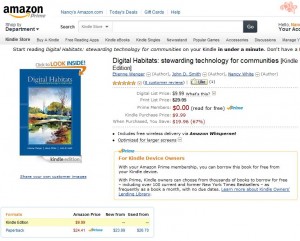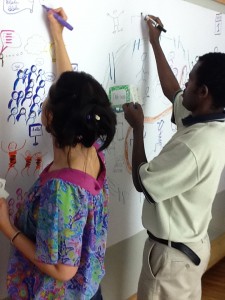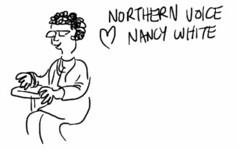 Yay! A kindle edition of Digital Habitats: stewarding technology for communities is now available!
Yay! A kindle edition of Digital Habitats: stewarding technology for communities is now available!
As John wrote on the book blog,
It has been a while in coming! People have been asking about an e-book version of Digital Habitats since it was published almost 3 years ago! It seems logical, given that technology is a central theme of the book. Especially when it’s been assigned as reading in a class or workshop and people have scruples about using paper.
Now Digital Habitats is now available in a Kindle edition for $9.99:
It turns out that all those tables and pictures that make the book a practical handbook made it take a lot longer to put it in an electronic format. And it took us a while to get to it.
Eventually it will be available on other platforms, but we’re starting with Kindle since free Kindle apps are available on Windows, Mac, iPhone, iPad, BlackBerry, Android and Windows Phone 7!
The electronic version goes with the other resources we’ve provided online, such as:
- Diagrams and worksheets: http://technologyforcommunities.com/excerpts/
- Tool and practice descriptions: http://cpsquare.org/wiki/Technology_for_Communities_project
- Chapter 10 “Action Notebook” in an editable Google-Doc format: http://bit.ly/DH-chapter10


